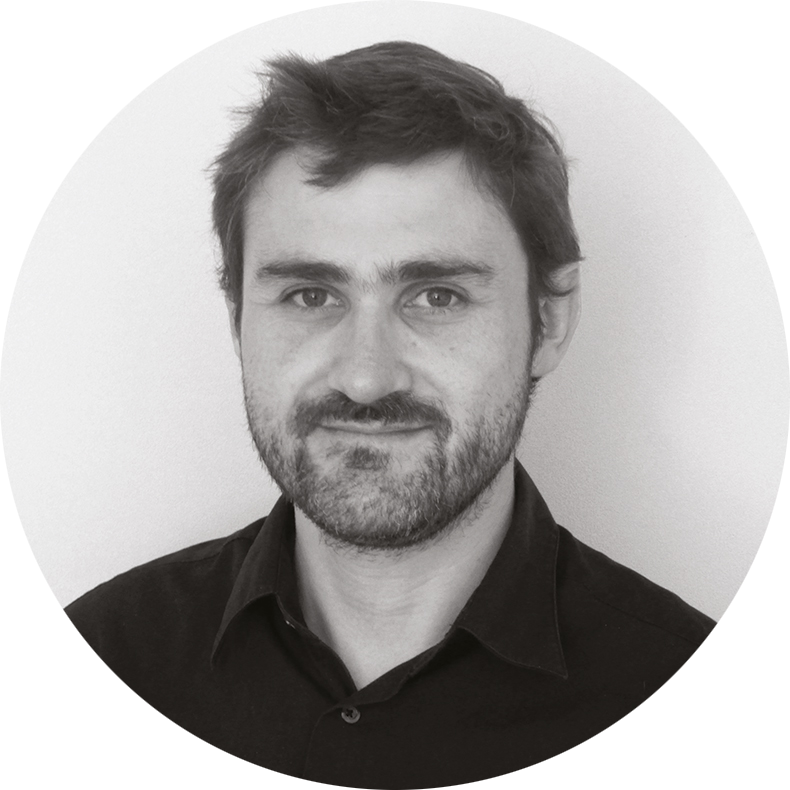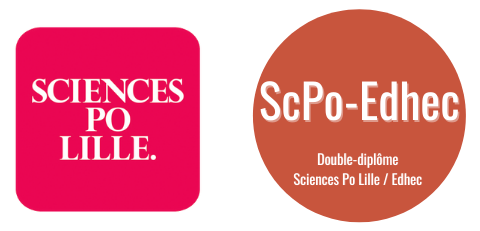Course objective
From the start of the 2020 academic year, Sciences Po Lille and EDHEC, two member schools of the Conférence des Grandes Écoles, are offering a double-diploma in Public Policy Management, open to students from both schools. After three years of shared study, students will obtain both a diploma from EDHEC’s Grande École program and a Sciences Po Lille diploma, equivalent to a Master’s degree.
The course prepares students for careers in the public sector, with a focus on public policy management, consulting and auditing, project management and financing, and innovation, in both the public and private sectors.
The program combines academic and practical knowledge, individual and group projects, and includes two internships. It aims to develop a good understanding of the players involved in public policy, a mastery of management tools, particularly financial ones, and a sound knowledge of the legal environment, enabling the development of truly multidisciplinary skills.
The academic knowledge on offer is designed to be directly relevant to operational skills, thanks to the emphasis placed on project management throughout the program, and in particular at the end of the program at Sciences Po Lille.
Sciences Po Lille students wishing to acquire solid skills in the field of public policy management can enter the double degree program after three years of study in the general or Franco-British (FIFB) streams.
The course takes place over six semesters, two more than for the Master’s degree in the school’s general stream. Twelve places are available at Sciences Po Lille, and the same number at EDHEC (class of 24).
Students are subject to the same rights and duties as students of both schools during the three years of the double degree.
The first year of teaching (S1-S2) takes place on the EDHEC campus. The first phase of the double degree culminates in an international internship (S3). This internship lasts a minimum of four months. Students then join Sciences Po Lille for two semesters of teaching (S4-S5), followed by a compulsory end-of-studies internship lasting a minimum of six months (S6).
The double degree is awarded at the end of the six semesters.
Main career opportunities
The aim of the double degree is to train students for careers in :
- Project engineering in the public and private sectors
- Consulting and auditing for the public sector, or within the public service (external control, organization and strategy, risk…)
- Economic development, financing and auditing (public banks, investment structures, consulting and financial engineering…)
- As part of the Public Affairs Departments of French public, private and international companies
Head of the major at Sciences Po Lille

Gaylord Bauden-Hamerel
Lecturer
Research areas: information technology law; data security; information technology and fundamental freedoms
Editorial by the head of the major
The « Public Policy Management » double degree is based on a common core of knowledge and skills shared by EDHEC (Grande Ecole program) and Sciences Po Lille (Master’s program) in institutional management and the management of public action, aimed at private and public sectors and institutions whose practices and expectations are changing.
This integrated pedagogical approach between the two Grandes Écoles (« Great Schools ») aims to generate synergies between their respective cultures and strengths, in order to train students at the level of the requirements and specificities of each institution’s pedagogical approach. Particular care has been taken to ensure that the number of students is equally divided between the two schools, so as to give the double degree a common identity and culture.
The course is designed to consolidate professional projects in public policy management, consulting and auditing, project management and financing, and innovation, whether in the public or private sector. Emphasis is placed on mastering financial tools, understanding the players involved in public policy, and solid legal training, enabling the development of truly multidisciplinary skills. The theoretical knowledge infused into the training is designed to be in touch with directly operational skills, thanks to the priority given to project management throughout the course.
Gaylord Bauden-Hamerel
